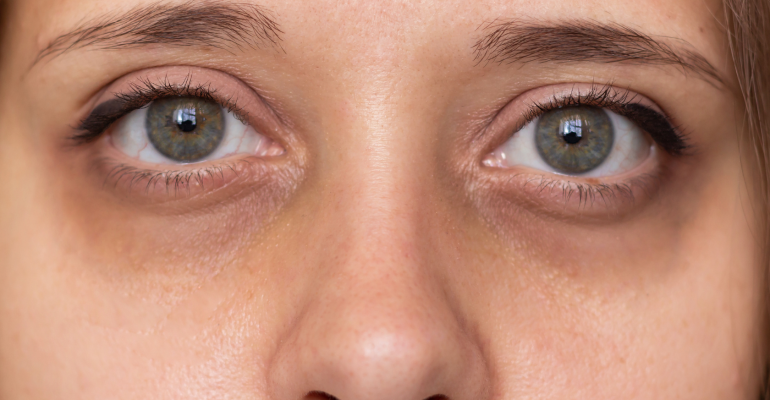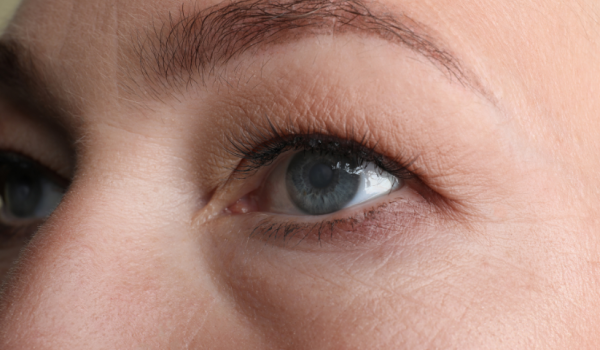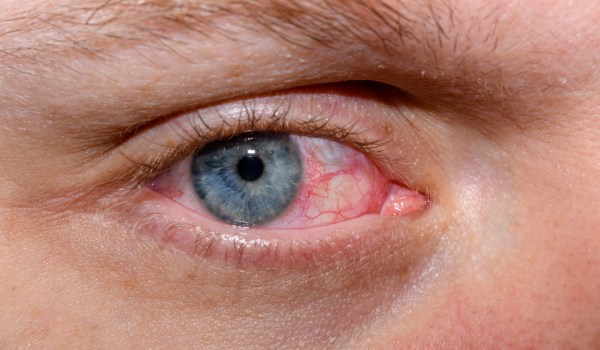Dark circles around the eyes are a common problem for many people, and they can make you look tired, sick, or older than you actually are.
There are several factors that can contribute to the development of dark circles, including genetics, age, allergies, lifestyle, and medical conditions. In this blog post, we will explore the causes of dark circles and some tips for reducing their appearance.
Genetics
Dark circles can be an inherited trait, so if your parents or grandparents have them, there is a good chance that you will too. In some people, the skin around the eyes is naturally thinner and more transparent, making blood vessels and underlying tissues more visible. This can create a shadowy effect that appears as dark circles.
Age
As we age, the skin around the eyes becomes thinner and loses elasticity, making it more prone to wrinkling and sagging. This can create a hollowed-out appearance that can make dark circles more noticeable. As time passes, we also lose some of our orbital fat along with thinning of the collagen in our skin, again giving the appearance of more noticeable change.
Allergies
Allergies can cause the blood vessels around the eyes to dilate, leading to increased blood flow and a darker appearance. Allergic reactions can also cause itching and rubbing, which can irritate the skin and make dark circles worse.
Lifestyle
Lifestyle factors such as lack of sleep, dehydration, smoking and poor diet can all contribute to the development of dark circles. When we don’t get enough sleep or water, our skin can become dry and dull, and blood vessels can become more visible. A diet high in salt can also lead to water retention, which can create puffiness and make dark circles more noticeable.
Medical Conditions
Certain medical conditions can cause dark circles around the eyes. Anemia, for example, can cause a lack of oxygen in the blood, leading to a bluish tint under the eyes. Thyroid disorders can also cause changes in skin texture and tone, which can make dark circles more noticeable.
Tips for Reducing Dark Circles
There are several things you can do to reduce the appearance of dark circles around the eyes. Here are some tips:
- Get enough sleep: Aim for at least 7-8 hours of sleep per night to help reduce puffiness and dark circles. Online sleep and health apps can help monitor your sleep pattern but also help you to fall asleep if you struggle to drift off.
- Stay hydrated: Drink plenty of water to keep your skin hydrated and healthy.
- Manage allergies: If you suffer from allergies, talk to your doctor about treatment options to help reduce the symptoms.
- Eat a healthy diet: Include plenty of fruits and vegetables in your diet to help nourish your skin and reduce inflammation.
- Use sunscreen: Protect your skin from harmful UV rays by wearing sunscreen every day.
- Use a cold compress: Apply a cold compress to the eyes for a few minutes to help reduce puffiness and dark circles.
- Use an eye cream: Look for an eye cream that contains caffeine or vitamin K, which can help reduce dark circles.
- Sleep with an extra pillow, elevating your head can help fluid to drain from around the lids leading to less puffiness.
In conclusion, dark circles around the eyes can be caused by a variety of factors, including genetics, age, allergies, lifestyle, and medical conditions. By following some of the tips listed above, you can help reduce their appearance and achieve a more rested, youthful look.
Medical Disclaimer
This article is for information purposes only and should not be considered medical advice. If you or any other person has a medical concern, you should consult with your health care provider or seek other professional medical treatment. Never disregard professional medical advice or delay in seeking it because of something that you have read on this blog, website or in any linked materials.







